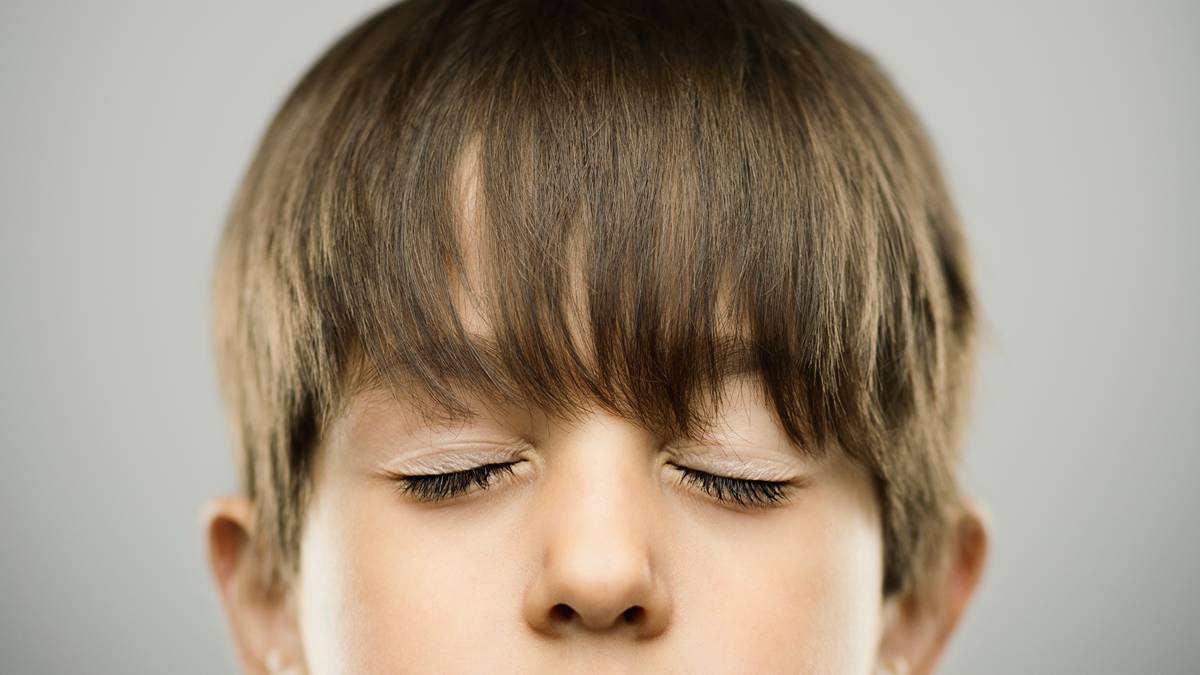BlinkLab rises on positive results of autism study

A study has shown BB1’s Dx 1 platform to be highly accurate in detecting autism. Pic: Getty Images.
- BlinkLab announces positive results of study confirming high accuracy of platform in detecting autism in children
- The Dx 1 platform detected autism with an improved sensitivity of 91% and specificity of 85%.
- Results come ahead of upcoming US FDA registrational study to enable widespread clinical use
Special Report: BlinkLab’s shares are up 20% on Tuesday after the company announced results of its latest study confirming high accuracy of its platform in detecting autism in children.
BlinkLab (ASX:BB1) said analysis of a study conducted in 441 children diagnosed for autism using current standard-of-care protocols showed that the medtech’s BlinkLab Dx 1 platform detected autism with an improved sensitivity of 91% and specificity of 85%.
Founded by scientists from Princeton University, BlinkLab is a developer of smartphone and tablet apps to diagnose autism and attention deficit hyperactivity disorder (ADHD), schizophrenia, and other neurodevelopmental conditions.
BlinkLab Dx 1 is a platform that uses advanced smartphone sensors to measure subtle changes in sensory responses, focusing on the brain’s reaction to unexpected sounds.
The company said the platform leveraged a known phenomenon in which individuals with ADHD and autism often exhibit different responses to unexpected sounds, such as blinking more frequently or differently compared to neurotypical individuals.
Potential of digital biomarkers as a diagnostic aid for autism
The multi-centre, within-subject comparison study was conducted on 441 children aged four to 12 years, including 285 diagnosed with autism and 156 without.
Neurobehavioral tests using the smartphone-based platform included general measures of spontaneous and stimulus-evoked postural, head, facial and vocal responses.
Specific neurometric tests including prepulse inhibition and startle habituation were also conducted.
BlinkLab said each child completed two 15-minute sessions while watching engaging video content, with auditory stimuli delivered via headphones.
During each session, computer vision algorithms tracked and recorded the position of the children’s facial landmarks over time.
“Analysing spontaneous and stimulus-evoked responses along with prepulse inhibition and startle habituation performance, our machine learning algorithms achieved a sensitivity of 91% and specificity of 85%,” the company said.
BlinkLab emphasised this was a substantial improvement compared to the 85% and 84%, respectively, reported in its previous study in April.
The Dx 1 model also demonstrated robust and consistent performance across gender and age groups.
The company noted that results indicate its smartphone-based testing effectively identified sensory sensitivities in children with autism, highlighting the potential of non-invasive digital biomarkers as a diagnostic aid for autism.
Additionally, BlinkLab said the results reflected the benefits of its institutional collaborations over the past year, which have contributed to the ongoing training and refinement of its diagnostic models.
Reducing burden on families and healthcare system
BlinkLab said the study demonstrated that fast, scientifically validated smartphone-based tests could be widely deployed in clinical settings remotely and at scale.
Unlike current time-intensive and costly multidisciplinary assessments which rely on specialist expertise and are often difficult to access, the Dx 1 test was found by the company to offer a more efficient and accessible alternative.
Current wait times for a formal autism diagnosis using standard-of-care methods often extend up to three years, with individual assessments taking as long as eight hours to complete.
The company said studies show that these delays impose a significant economic and healthcare burden on affected families and communities.
A step closer to FDA approval goal
CEO Henk-Jan Boele said the company was a step closer to its goal of FDA regulatory approval for BlinkLab Dx 1.
“If approved, our platform will assist clinicians by providing an objective diagnostic tool that uses accessible technology, fundamental neuroscience and AI,” he said.
He said BlinkLab had made significant advancements in the platform’s overall sensitivity and specificity.
“This progress is due to improvements in our experimental protocols, the extraction of new biomarkers and the integration of combined feature sets,” he said.
Chief scientific officer Dr Bas Koekkoek said his team had further pushed the scientific and methodological boundaries of smartphone-based neurobehavioral evaluations.
“We have improved the experimental parameters, recognising that even a difference of a few milliseconds can have a substantial impact in this type of testing,” Koekkoek noted.
“Additionally, we have introduced new biomarkers that, when combined with previously established ones, serve as strong predictors for autism.”
The study data is being prepared for submission to a peer-reviewed scientific journal.
“These results confirm the accuracy of our disruptive digital diagnostic test for autism and provide confidence in replicating these results in our forthcoming FDA registration study,” chairman Brian Leedman said.
This article was developed in collaboration with BlinkLab, a Stockhead advertiser at the time of publishing.
This article does not constitute financial product advice. You should consider obtaining independent advice before making any financial decisions.

UNLOCK INSIGHTS
Discover the untold stories of emerging ASX stocks.
Daily news and expert analysis, it's free to subscribe.
By proceeding, you confirm you understand that we handle personal information in accordance with our Privacy Policy.








